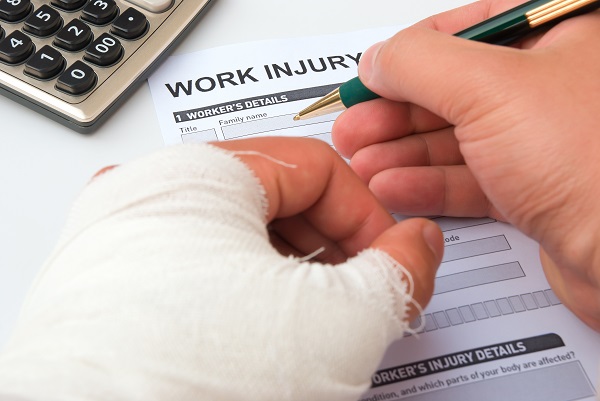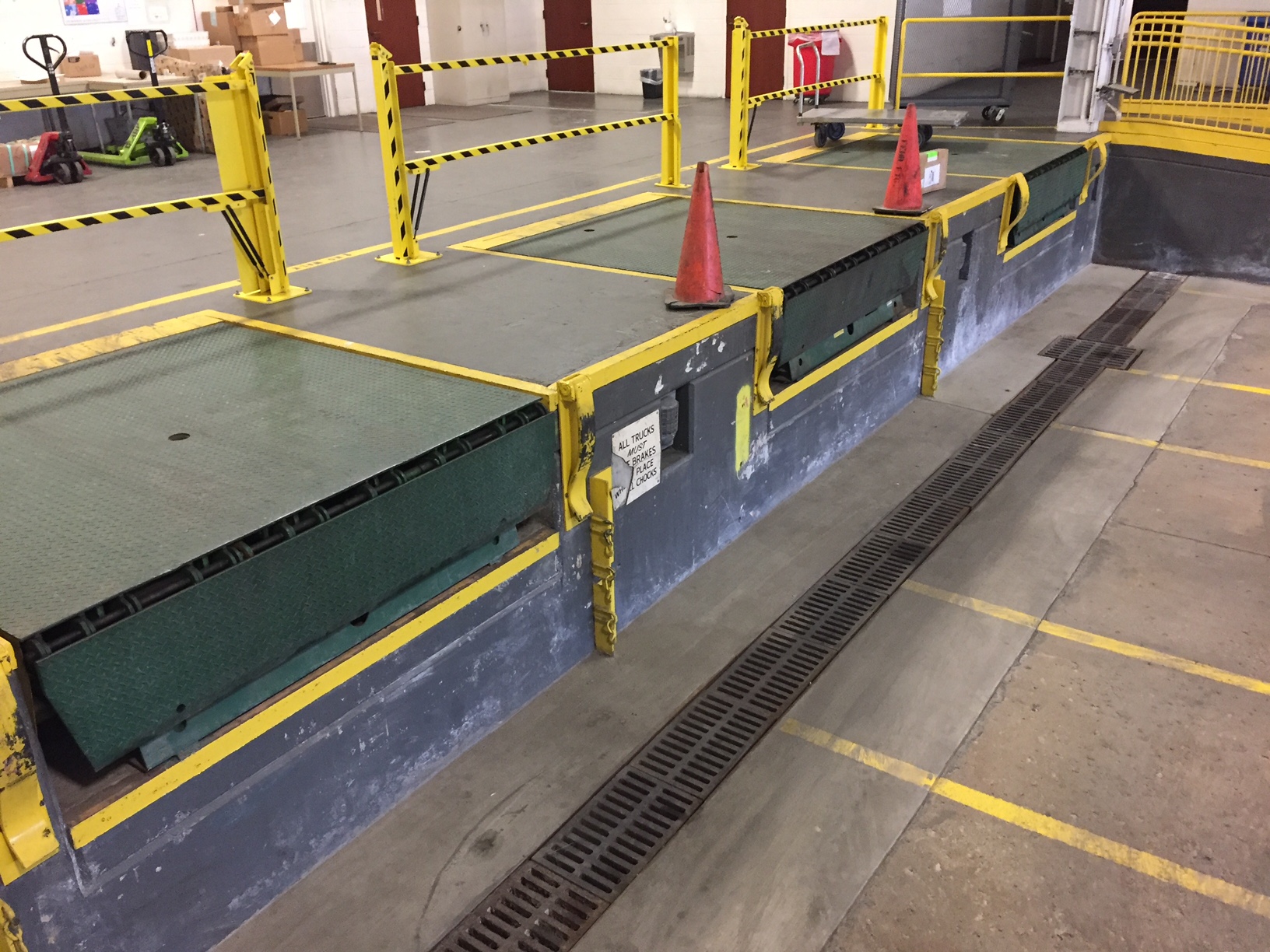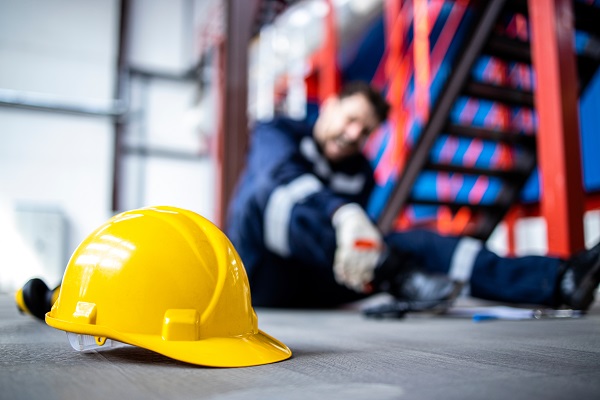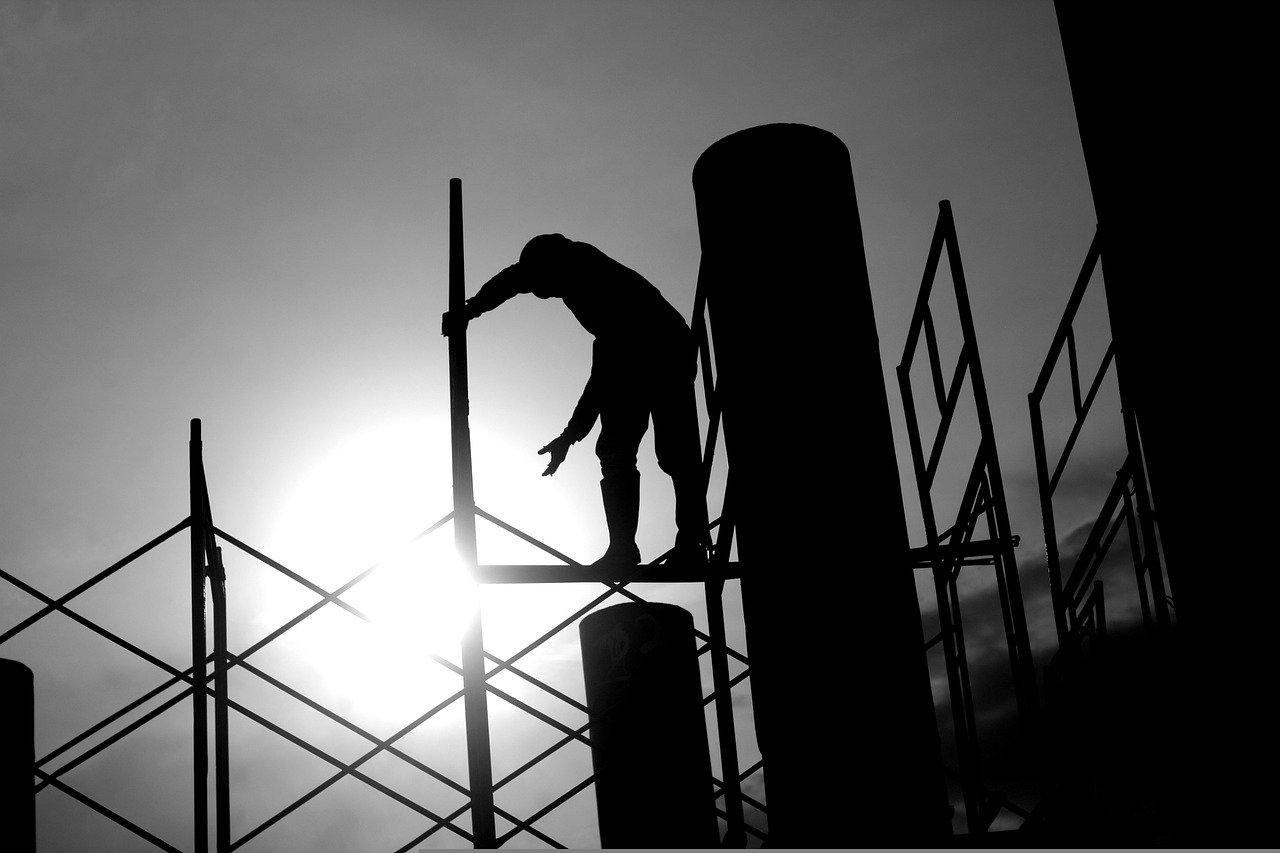
Navigating the Massachusetts workers’ compensation system can be complex without help from a lawyer
Workplace accidents are an unfortunate reality that can happen to anyone. When accidents do happen, they can result in physical harm and financial instability. Workers’ compensation benefits aim to provide relief for workers who have been injured or become ill as a result of their employment. These benefits typically cover medical expenses, lost wages, and vocational rehabilitation services.
However, it’s important to understand that workers’ compensation benefits are not indefinite. The duration of benefits varies depending on the type of injury or illness, as well as the severity and duration of the disability. It is crucial that employees are aware of how long they can receive benefits to plan for the future and ensure that they can financially support themselves and their families during the recovery period.
The Commonwealth of Massachusetts has established clear guidelines regarding the duration of workers’ compensation benefits, but the process of navigating the system and accessing the benefits can be complicated. Insurance companies can deny or terminate benefits, leaving workers in a difficult situation. That’s when seeking legal assistance from a Massachusetts workers’ compensation lawyer can help workers obtain the benefits they deserve.
Temporary Total Incapacity Benefits
Temporary Total Incapacity Benefits (TTI) are a vital form of relief for workers who have been injured or become ill and are unable to work for six or more days. The days of incapacity do not have to be consecutive.
The benefits available for TTI include weekly payments that amount to 60% of the worker’s gross average weekly wage in the 52 weeks prior to the injury or illness. These payments are subject to a maximum limit set by the state’s average weekly wage (SAWW) at the time of the injury or illness. Workers can receive these benefits for a maximum of 156 weeks, starting from the 6th day of disability. A worker who is unable to work for 21 or more calendar days will be retroactively paid for the first five days of incapacity as well.
The duration of benefits for TTI is subject to change, depending on the worker’s medical condition and progress. The Department of Industrial Accidents (DIA) may terminate or reduce benefits if the worker’s condition improves or if they return to work.
Temporary Partial Incapacity Benefits
Temporary Partial Incapacity Benefits (TPI) are a form of workers’ compensation that provides financial relief for workers who are able to work but earn less due to their injury or illness. Workers may be eligible for TPI benefits if they are forced to take a lower-paying job or work fewer hours due to their injury or illness.
The benefits available for TPI include weekly payments that amount to 75% of the worker’s weekly total temporary benefits. These benefits are subject to a maximum limit set by the state’s average weekly wage at the time of the injury or illness. For example, if a worker received $440 a week as total temporary benefits, the most they could receive in TPI benefits would be $330 a week ($440 x .75 = $330).
Workers can receive TPI benefits for up to 260 weeks. The duration of benefits may be subject to change, depending on the worker’s medical condition and progress. Workers may have their benefits reduced or terminated if they return to work full-time or if their condition improves to the point where they are no longer eligible for TPI benefits.
Permanent and Total Incapacity Benefits
Permanent and Total Incapacity Benefits (PTI) are a vital form of workers’ compensation that provides financial support for workers who are totally and permanently unable to do any kind of work as a result of a work-related injury or illness. To be eligible for PTI benefits in Massachusetts, workers must demonstrate that their injury or illness has resulted in a total and permanent disability that prevents them from performing any kind of work. Workers do not have to exhaust their temporary benefits before applying for PTI benefits.
The benefits available for PTI include weekly payments that amount to 66% of the worker’s gross average weekly wage in the 52 weeks prior to the injury or illness. The minimum amount a worker can collect is 20% of the state average weekly wage at the time of their injury, while the maximum amount is the SAWW at the time of their injury. Workers also receive an annual Cost-of-Living Adjustment (COLA) to ensure that their benefits keep pace with inflation.
PTI benefits can be received for as long as the worker remains disabled. Unlike temporary benefits, there is no maximum limit to the duration of PTI benefits. However, the Department of Industrial Accidents may review the worker’s medical condition periodically to determine if their condition has improved to the point where they are no longer eligible for benefits.
Medical Benefits
When a worker is injured on the job in Massachusetts, they are entitled to medical benefits to cover the costs of medical care related to their work-related injury or illness. To be eligible for medical benefits, workers must have suffered a work-related injury or illness that requires medical attention. This may include doctor’s visits, hospital stays, surgeries, diagnostic tests, prescription medications, and rehabilitation services. Workers must also ensure that they report their injury or illness to their employer within the designated time frame, as failure to do so may result in a denial of benefits.
The duration of medical benefits is based on the medical needs of the worker. There is no set end date; as long as the worker requires medical treatment for their work-related injury or illness, they are entitled to receive medical benefits. This may include ongoing medical care, rehabilitation services, and prescription medications. However, the insurance carrier has the right to deny or stop treatment that they believe is not necessary or reasonable. In these cases, workers may need to appeal the decision to the DIA to continue receiving the medical care they need.
Scarring and Permanent Loss of Function and Disfigurement
When a worker suffers a work-related injury or illness in Massachusetts that results in scarring, permanent loss of function, or disfigurement, they may be entitled to receive scarring and permanent loss of function and disfigurement benefits.
To be eligible for these benefits, workers must have suffered a work-related injury or illness that resulted in scarring, permanent loss of function, or disfigurement. The scars must be located on the worker’s face, neck, or hands. The severity of the scarring or permanent loss of function or disfigurement is also a factor in determining eligibility for benefits.
The benefits available for scarring and permanent loss of function and disfigurement vary depending on the location and severity of the injury. Workers may receive a one-time payment in addition to other workers’ compensation benefits, such as medical bills or lost wages. The amount of the payment depends on the severity of the scarring or permanent loss of function or disfigurement, and workers may be entitled to receive up to eight times the state average weekly wage at the time of their injury.
The duration of benefits for scarring and permanent loss of function and disfigurement is a one-time payment. However, if workers were injured or suffered an illness prior to December 24, 1991, they may be entitled to slightly different benefits.
Survivors’ and Dependents’ Benefits and Burial Costs
When a worker dies as a result of a work-related injury or illness in Massachusetts, their surviving spouse and dependents may be entitled to receive survivors’ and dependents’ benefits and burial costs.
To be eligible for survivors’ and dependents’ benefits and burial costs, the deceased worker must have suffered a work-related injury or illness that resulted in their death. The surviving spouse and dependents must also meet certain eligibility criteria, which include being the spouse or child of the deceased worker. Children are eligible only if they are under the age of 18, full-time students, or unable to work due to physical or mental disabilities.
The benefits available for survivors and dependents include weekly payments to the surviving spouse equal to 66% of the deceased worker’s average weekly wage, up to the maximum of the state average weekly wage at the time of the worker’s injury or illness. Surviving spouses become eligible for yearly cost-of-living adjustments two years after the date of the injury or illness. If the spouse remarries, $60 a week is paid to each eligible child. The total weekly amount paid to dependent children cannot exceed the amount the spouse had been receiving. Additionally, burial costs up to eight times the SAWW in place at the time of the worker’s death may be provided.
The duration of survivors’ and dependents’ benefits is based on the dependency of the surviving spouse and dependents. Surviving spouses can receive these benefits for as long as they remain dependent and do not remarry. Dependent children may receive benefits until they turn 18 or longer if they are full-time students or have physical or mental disabilities.
Vocational Rehabilitation
When a worker in Massachusetts suffers a work-related injury or illness that results in permanent functional limitations, they may be eligible for vocational rehabilitation benefits. These benefits are designed to provide workers with the opportunity to return to meaningful employment by acquiring new skills or by being matched with a job that accommodates their limitations.
The benefits available for vocational rehabilitation include training and education programs, job placement assistance, and other vocational services. These services may include on-the-job training, career counseling, and adaptive technology or equipment. The cost of these services is paid for by the workers’ compensation insurer.
The duration of vocational rehabilitation benefits is not fixed and depends on the worker’s individual needs and progress. Workers may request a meeting with the Office of Education and Vocational Rehabilitation (OEVR) at any point during their claim to explore their options for vocational rehabilitation services. If the worker chooses to lump sum their claim, they have up to two years from the lump sum approval date to request vocational services.
Talk to a workers’ comp lawyer in MA today
At The Law Offices of Deborah G. Kohl, we understand that navigating the workers’ compensation system can be complex and challenging for injured workers and their families. That’s why our legal team is dedicated to helping injured workers understand their rights and options.
By working with an experienced attorney, an injured worker can ensure that their claim is handled promptly and efficiently and that they receive the full range of benefits they are entitled to under Massachusetts law.
If you have been injured at work in Massachusetts, it’s essential to seek legal assistance as soon as possible. Contact us today for a free consultation.










